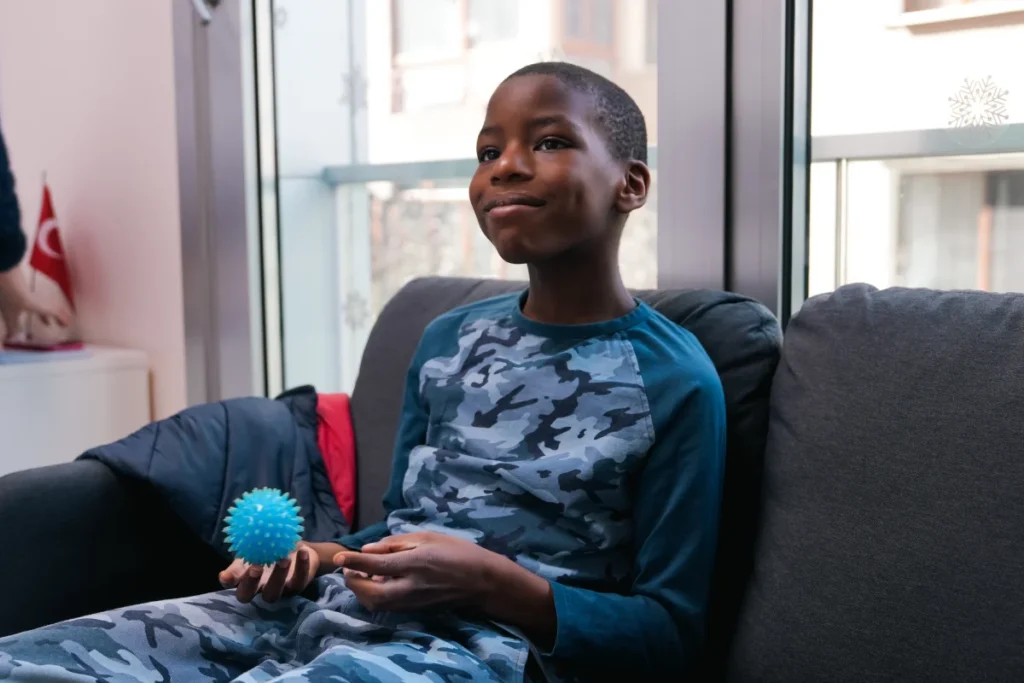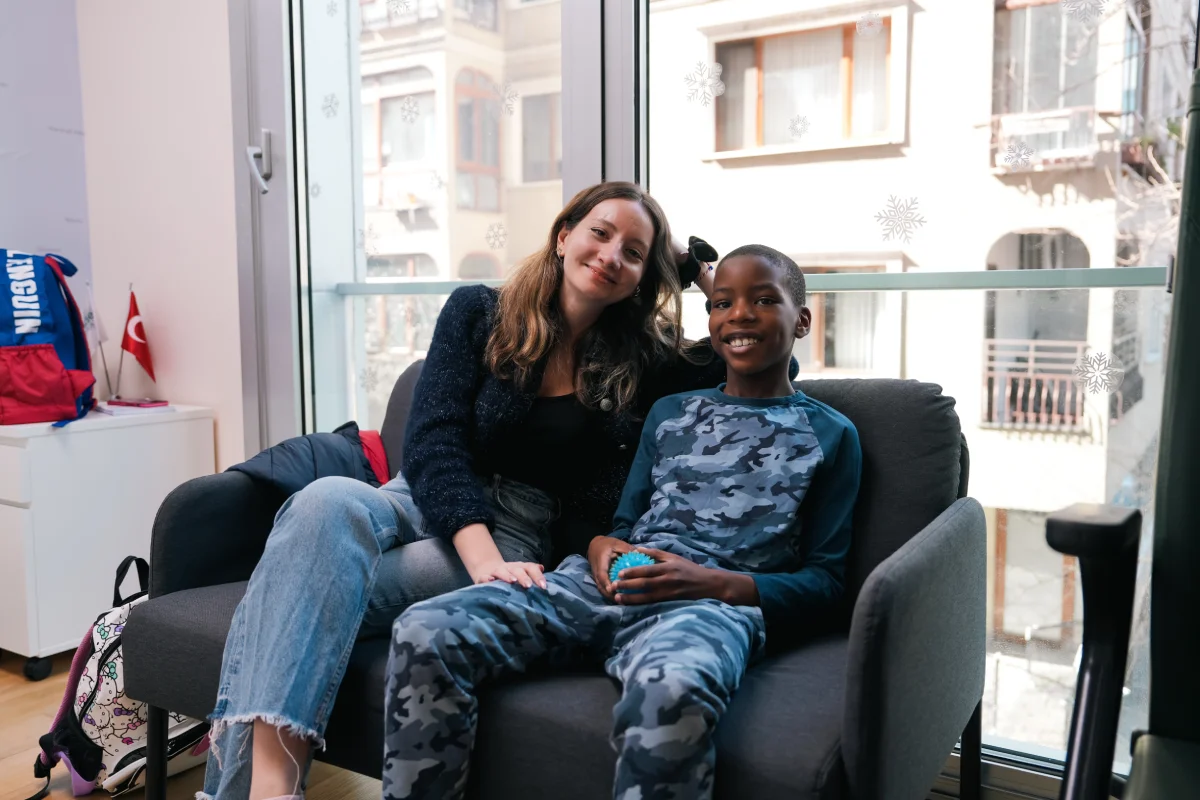Many autistic individuals possess unique abilities that make them exceptionally skilled in various fields. By recognizing these strengths, parents and caregivers can help guide their children toward careers where they can thrive. This blog explores some of the best job opportunities for autistic individuals and how to support them in achieving professional success.
Table of Contents
1. Why Career Selection Matters for Autistic Individuals
Finding a suitable career is crucial for personal fulfillment and financial independence. Autistic individuals often excel in structured environments that align with their strengths, such as logical reasoning, pattern recognition, and creativity (Baron-Cohen et al., 2009).
2. Top Careers for Autistic Individuals
Here are some of the best career paths based on different strengths:
Careers for Detail-Oriented Thinkers
- Software Developer & IT Specialist: Many autistic individuals have strong problem-solving abilities and excel in coding, debugging, and software testing (Grandin & Panek, 2013).
- Data Analyst: Their ability to identify patterns and analyze large amounts of information makes them excellent in data-driven roles (Mottron, 2011).
- Quality Assurance Specialist: Ensuring precision and accuracy in manufacturing or tech industries suits individuals with a keen eye for detail.
Careers for Creative and Artistic Individuals
- Graphic Designer & Animator: Many autistic individuals have exceptional visual skills and a unique artistic perspective (Pring et al., 2012).
- Musician & Composer: Some individuals exhibit extraordinary musical talents, making careers in music composition, sound engineering, or performance highly suitable.
- Architectural Designer: With strong spatial awareness, autistic individuals can excel in architecture and interior design.
Careers for Logical and Systematic Thinkers
- Engineer: Careers in mechanical, electrical, or civil engineering allow autistic individuals to apply their logical thinking and technical skills.
- Mathematician & Statistician: Those who enjoy working with numbers can excel in academia, finance, and research.
- Scientist & Researcher: Many autistic individuals thrive in structured, research-based environments, particularly in physics, chemistry, and biology (Mottron, 2011).
Careers for Independent and Routine-Based Workers
- Librarian & Archivist: Organizing and cataloging information aligns with strong memory and attention to structure.
- Animal Trainer & Veterinarian Assistant: Many autistic individuals form deep connections with animals, making these careers a great fit (Grandin, 1995).
- Craftsman & Artisan: Careers in woodworking, jewelry making, or other hands-on trades allow for focused, independent work.

3. How to Support Career Development
Early Skill Development
- Encourage hobbies that align with your child’s natural abilities, such as coding, drawing, or problem-solving.
- Provide exposure to career options through books, online courses, and mentorship programs.
Education and Training
- Seek out vocational training programs that offer specialized support for autistic individuals.
- Explore STEM programs, art workshops, or technical courses that match your child’s strengths.
Workplace Adaptations
- Look for companies that provide autism-friendly work environments with structured routines and clear communication.
- Advocate for accommodations, such as noise-reducing workspaces, flexible hours, and written instructions.
4. Real-Life Success Stories
- Temple Grandin (Animal Science Expert): Revolutionized livestock handling using her unique visual thinking (Grandin, 1995).
- Satoshi Tajiri (Creator of Pokémon): Transformed his childhood passion for collecting insects into one of the most successful gaming franchises (McDonagh, 2016).
- Stephen Wiltshire (Architectural Artist): Gained worldwide recognition for his ability to draw detailed cityscapes from memory (Wiltshire, 2008).
5. Conclusion
Every autistic individual has unique talents that can lead to fulfilling careers. By understanding their strengths and providing the right support, parents and caregivers can help them navigate their professional journey successfully.
References
- Baron-Cohen, S., Lombardo, M. V., & Tager-Flusberg, H. (2009). Understanding Other Minds: Perspectives from Developmental Social Neuroscience. Oxford University Press.
- Grandin, T. (1995). Thinking in Pictures: My Life with Autism. Vintage.
- Grandin, T., & Panek, R. (2013). The Autistic Brain: Thinking Across the Spectrum. Houghton Mifflin Harcourt.
- McDonagh, S. (2016). Pokémon and the Power of Collecting. Oxford University Press.
- Mottron, L. (2011). The Power of Autism. Nature, 479(7371), 33–35.
- Pring, L., Ryder, N., Crane, L., & Hermelin, B. (2012). Creativity in Autism: Measured by Drawing Abilities and Divergent Thinking. Journal of Autism and Developmental Disorders, 42(11), 2416–2423.
- Wiltshire, S. (2008). Floating Cities. Jonathan Cape.
